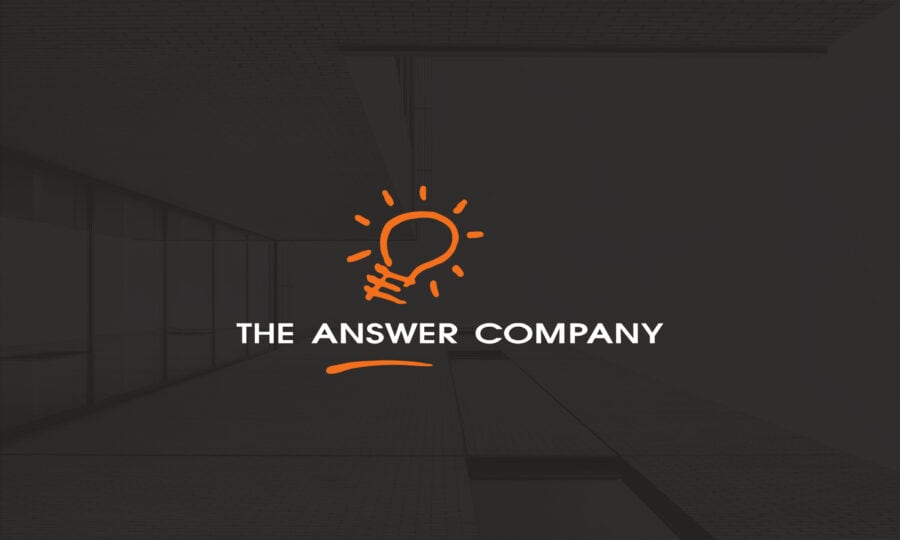Businesses in the fashion industry need to manage complex product and business criteria. An ERP that is specifically designed to handle in-depth details of inventory items, pricing, business structure, campaign management, and purchase management is invaluable. You’ll be able to have an in-depth and accurate view of all styles and sizes in inventory and avoid costly ordering mistakes. The right platform can be equipped with comprehensive sales order entry, inventory, and warehouse management tools specific to the apparel/footwear industry.
ERP for Textiles and Fashion
Businesses in the fashion and textiles industry manage a dizzying array of SKUs and product variations. An industry-specific ERP can manage the complexities of the industry and give you a holistic view of the operation.
ERP for Textiles and Fashion
Businesses in the fashion and textiles industry manage a dizzying array of SKUs and product variations. An industry-specific ERP can manage the complexities of the industry and give you a holistic view of the operation.
How ERP Solves Textiles and Fashion Pain Points
Manufacturing Coordination
The textile and fashion industry moves quickly, and in order to stay competitive, it is critical for well-coordinated manufacturing. Common challenges range from demand fluctuations to last-minute supply chain issues. Modern ERP software gives businesses the tools to optimize their manufacturing processes.
Handling Returns
Unfortunately, returns are very common, especially in the fashion industry. Your company needs to be prepared to handle returns and for many systems, this can be a taxing process. Not only can the process be time-consuming, but this can also have a significantly negative impact on your customers' experience. Textile and fashion ERP systems can streamline the returns process. Easily manage your return policy terms, shipping, tracking, and accounts from a consolidated database through your ERP system.
Managing Omni Channels
Businesses today, especially B2C organizations, selling through online, social media, and in-store is the new normal. This can cause big challenges as all aspects of your software must work together to deliver high-quality products and a great customer experience. Implementing a modern ERP software will equip you with the tools needed to manage compliance requirements across your various channels, automatically update inventory, and provide communication between different departments.
Supply Chain Management
Textile and fashion supply chains can often span internationally which increases shipping costs. A common challenge is creating savings in its supply chain, without sacrificing quality and efficiency. With textile and fashion ERP software, you can streamline, monitor, and manage your supply chain with more control. Coordinate moving parts such as your manufacturing, distribution, and suppliers.
The Benefits of ERP for Textiles and Fashion
Streamline Supply Chain Management
A modern ERP software is great to streamline, monitor, and manage the supply chain of textile and fashion companies. Automation reduces obstacles across the business and increases collaboration between departments. Additionally, gain the ability to forecast demand based on historical data and prevent delays.
End-to-End Demand Visibility
With tailor-made enterprise management software solutions, small- and mid-sized manufacturers and distributors will be able to have an accurate and complete picture of all styles and sizes in inventory. This can avoid costly ordering mistakes and allow your company to better cope with dynamic and often unpredictable demand swings, and ensure a minimum of unwanted and unsalable inventory.
Optimize Production
For textile and fashion manufacturers, optimization in production is a must. ERP software provides features to overcome manufacturing problems, while also providing ways to innovate and optimize production. The modern ERP features help employees manage raw material availability and human resource effectiveness, allowing you to gain more with less.
Price List Flexibility
Modern ERP solutions allow you to create special price lists for customers overseas, providing them transparency in their transactions. The ability to create flexible price lists means that customers are able to get the best price they’re entitled to. Promotional campaigns are also simplified so that you’re able to create price lists linked to promotional codes and catalogs to track their effectiveness and profitability.
Integration with CRM
CRM modules built into most ERP systems can be a huge benefit for textile and fashion companies who have to manage a steady stream of returns. Additionally, CRM provides a great opportunity to improve relationships with customers. The addition of a modern ERP with a built-in CRM module provides the best tools to deal with unique customer challenges and can help convert returns back to a selling point.
Designed for Scalability
For a business to grow, they need to take advantage of opportunities when there is a spike in demand. Businesses need to expand into new markets, quickly onboard employees, and develop new products in order to grow. Modern ERP systems are built for scalable performance. With their interconnected system, it allows businesses to plan and address their growth goals. Additionally, ERP software is designed to easily add more users and licenses when on-boarding employees.
Textiles and Fashion ERP Software
Are you ready to transform your Textiles and Fashion business? See below for a starting point on the right solution for you.
Sage X3
Sage X3, ERP for the textiles and fashion industry is a complete solution for SME and mid-sized manufacturer and distributors. Whether your strategy is to expand into newer geographic markets, source new suppliers, acquire or merge with other companies, or improve logistics operations in the domestic market, Sage X3 can provide you the functionality you need.
Sage X3 Textiles and FashionSage 300
Sage 300 is suitable for the fast changing and growing business in the apparel industry. Enjoy the advanced lot tracking system, simplified data entry, advanced reporting and much more with Sage 300.
Sage 300 Textiles and Fashion